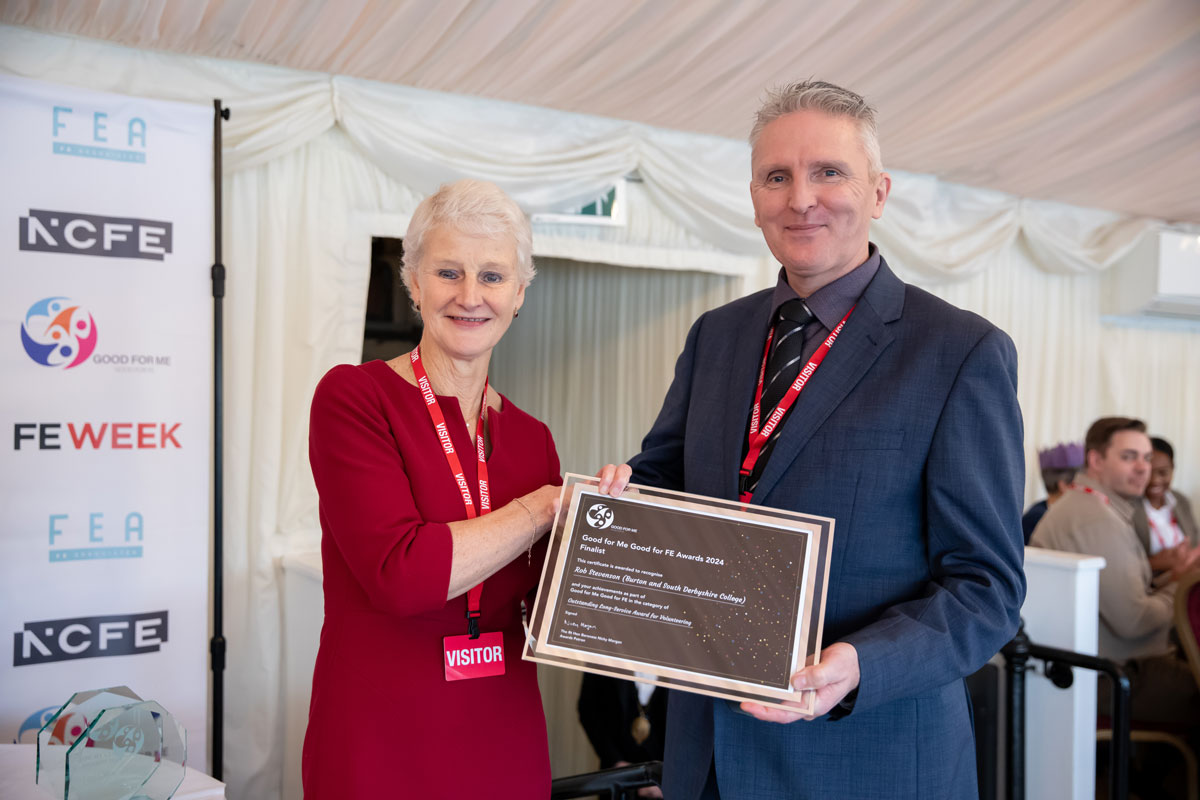Majority Of Organisations In The Education Sector Failing To Deal With Menopause In The Workplace Says Latest Study

Schools, colleges and universities across Britain will continue to lose skilled workers if they continue to disregard the significance of how menopause symptoms such as joint pain, hot flushes, memory loss, fatigue and anxiety, can dramatically impact performance in the workplace.
- Irwin Mitchell’s YouGov Survey Reveals Worrying Lack Of Menopause Action Within Education Sector
- Lawyers Issue Wake-Up Call About The Risks Of Losing Experienced Teachers As Women Are Forced To Leave Their Job
- Danger Of Costly Discrimination Claims Also Growing For Those Firms That Ignore The Issue
The urgent wake-up call from employment law specialists at Irwin Mitchell follows a menopause survey they commissioned with YouGov which found that six out of 10 organisations in the sector don’t currently have a menopause policy.
The study of HR decision makers working across the education sector found that only one third (33%) employers consider menopausal symptoms during the performance reviews of female staff. This is despite it being widely accepted that the effects of the menopause can be debilitating for a woman’s physical and psychological wellbeing. Symptoms have a huge impact on a women’s confidence in work, lead to periods of absence and, in some case resignations. The survey also found that 62% of organisations in the sector which were surveyed don’t currently have a menopause policy.
According to Irwin Mitchell, this lack of action is compounding the current skills shortage in the sector and it will make it more difficult to attract new employees.
The scale of the staffing crisis was revealed by a recent survey by the Association of Colleges. It estimates there to be more than 6,000 job vacancies in England’s colleges – the most there has been in over two decades.
Lawyers also warn that a lack of action in relation to menopause could result in businesses facing costly discrimination claims in the future.
Jenny Arrowsmith, an employment law partner at Irwin Mitchell, said:
“These are disappointing results and when you consider menopause is an issue affecting the fastest-growing demographic in the UK, namely women aged 50-64, it’s clear businesses must do more.
“It’s about time that menopause is openly discussed as a health and work issue and for employers to demonstrate that they take it seriously. Establishing a menopause policy is a simple and valuable starting point.
“Not only does a menopause policy help to promote positive change within an organisation, it sets a framework for evidencing how the organisation will approach conversations about the menopause, what support affected employees can expect to receive and where they can access additional help. In doing so, it reduces the risk of costly disputes.
“There has been a significant rise in the number of employment tribunals where menopause is mentioned over the last 2 to 3 years and as awareness of this issue grows, we expect to see complaints increase further. Our survey demonstrates that there is a considerable amount of work still to do. This risk will increase if additional legal protection is given to those who have significant menopausal symptoms, which is something the Women and Equalities Committee are considering.
“Organisations that have woken up to the issue and are aware of the challenges that women face when going through the menopause are in a much stronger place to attract and retain colleagues who are often at the peak of their experience and have many more productive years ahead of them.”
City College in Norwich is an example of a Further Education college that has recently launched a strategy to support its staff in relation to menopause.
Amanda Marsh, HR Business Partner at the college, said:
“Menopause has been ignored in society for too long and this has in many ways contributed to it becoming a taboo subject that has left people too embarrassed to discuss it and employers unsure about how to offer the right support.
“The practical menopause support we offer at the college is geared towards raising awareness and ensuring that our colleagues are well supported and looked after. Wellbeing should be at the centre of everything and I believe that if we look after our employees, we are also looking after our students.”
Key statistics from the education sector:
- Almost three quarters (62%) of businesses working in education do not have a menopause policy.
- 70% of organisations in education do not train their line managers in relation to menopause.
- Almost half (44%) of all the businesses that say they do not train their staff about the menopause admit to not having thought about it. 15% don’t consider it a priority whilst 7% claim that sensitivities and embarrassment about the issue hold them back.
- Over two thirds of organisations working in the education sector (68%) say they are confident that women in their organisation are able to talk about the menopause.
- Only 27% of organisations in the education sector say they provide information about the menopause to their employees with 15% offering internal support groups.
- Over half (55%) of businesses in the education sector say they do not consider menopause during performance reviews for female staff.
**All figures, unless otherwise stated, are from YouGov Plc. Total sample size was 1025 HD decision makers. Fieldwork was undertaken between 10 – 28 February 2022. The survey was carried out online.











Responses